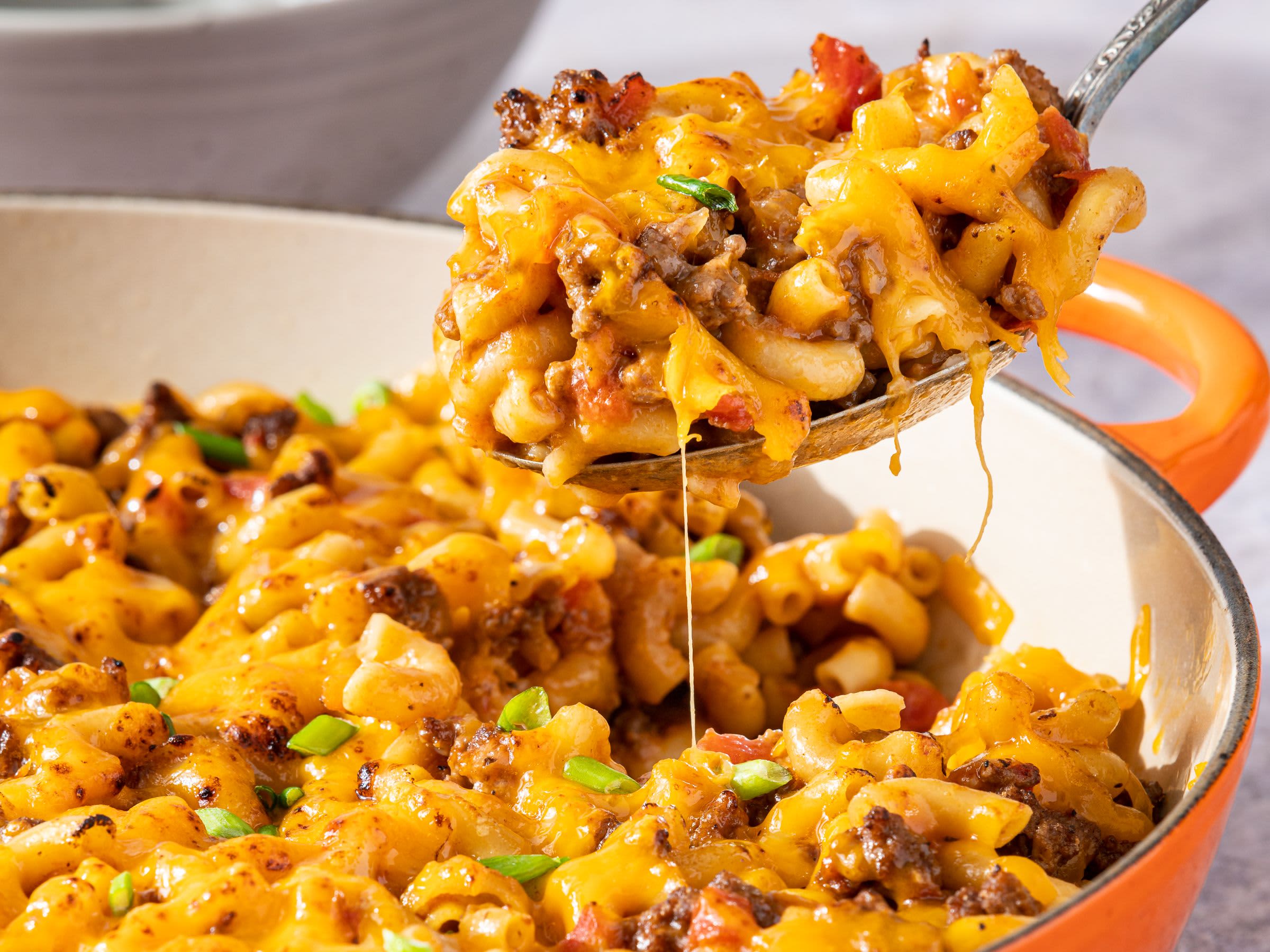Mark comes from a big family, and cooking and eating together is a core part of many warm memories. He can talk for hours about food prep, he watches all the cooking shows, and he feels most loved when others cook for him. Mark’s wife, Anna, was diagnosed with celiac disease (an autoimmune disease that means she can’t eat gluten) at a young age, and she’s always associated certain foods with illness and unhappiness. Hypervigilance about her diet led to an eating disorder as a teen that she still struggles to manage.
It’s not surprising that when Mark and Anna try to discuss food, tensions are high and conflicts often erupt. Anna hates when Mark orders pizza for the family on movie night. “What? I got you a salad,” he’ll retort. When they’re out for dinner together, Mark gets embarrassed when Anna asks the waiter for every ingredient in the prix fixe meal: “It’s rude to scrutinize someone’s cooking!” he thinks. Mark worries when he sees Anna restrict her eating if her weight fluctuates and will try to push her to eat seconds. Though in his family offering food is a sign of love, Anna doesn’t see it that way.
Sound familiar? While Mark and Anna’s story may be different from yours, conflicts around food are common for many couples. Food can be a sensitive subject—and the more fraught a subject is, the more likely it is that someone will step on a land mine. Also, it’s not as if you can avoid talking about food as you can other hot-button topics. If there are issues under the surface, they’re bound to show up—and can do so in ways that may surprise you.
Understanding your own feelings about food
You may not realize how sensitive this area is until an issue with your partner triggers an interaction. That’s why it’s key to get familiar with your own food story. Ask yourself: How was food talked about in my family as I grew up? Was the dinner table a source of comfort and connection or of tension and chaos? What messages did I get from my parents about weight, dieting, or my body? Have I had to modify my diet because of illnesses or allergies? Is food important to me culturally or religiously?
Getting familiar with your food story—and, hopefully, your partner’s—will give you a deeper understanding of why food tiffs happen. For example, when Anna opened the fridge to see shelves full of Mark’s beer (which she couldn’t drink), she’d get furious at him, because it triggered countless memories of settling for a cardboard-like cookie while her friends drooled over birthday cake. Once she could articulate how painful this memory was, Mark no longer saw her judgment of his beer stash as controlling, and he bought a small fridge and kept his beer in the garage.
Taking a closer look at what the fight is really about
Eliza and Taylor were consistently arguing about Eliza’s desire to keep Kosher. Taylor’s not Jewish and is fine with only eating non-Kosher foods outside the home, but even this doesn’t seem enough for Eliza. It only took one trip to couples therapy to discover that they weren’t actually fighting about Taylor’s love for lobster mac and cheese. Eliza was scared about introducing her non-Jewish partner to her family, and both were worried about how they’d navigate religion with their kids. Once they’d discussed the big issues, the fights about food subsided.
Often battles about food are a distraction from a deeper issue. But this can make it tempting to brush off these fights and the feelings involved as frivolous instead of diving deeper. So if you’re feeling increasingly bothered by your partner’s eating habits, try to ask yourself: What is it about this that bugs me so much? What’s the story I tell myself when I see their behavior? For example: When he eats pizza in front of me, I tell myself he doesn’t take my health concerns seriously. Or When she talks to me about her new healthy- eating plan, I tell myself that she’s judging me and that she hates my body.
Maybe the situation is triggering memories from your past. Maybe you’re telling yourself your partner doesn’t support or trust you. Maybe you’re self-conscious or embarrassed about your own relationship with food. Once you’ve identified what’s really irking you, you’ll be much better prepared to invite your partner to update that narrative with you.
This content is created and maintained by a third party, and imported onto this page to help users provide their email addresses. You may be able to find more information about this and similar content at piano.io






